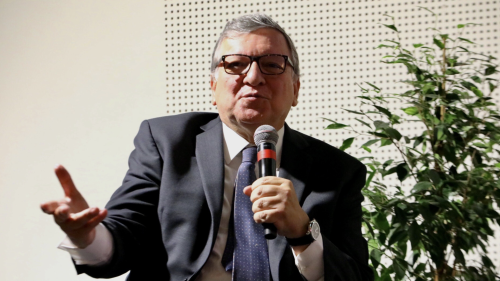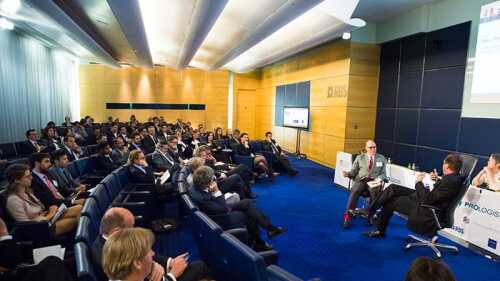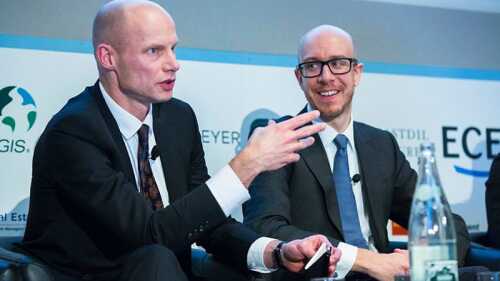Lucy Scott is deputy editor of Real Estate Capital, a London-based publication focussed on the European CRE lending markets. This summer, she co-authored a special report for the ULI’s 20th edition of Emerging Trends in Real Estate, exploring the major trends that have shaped the industry since its launch, as well as the issues set to shape the industry over the coming decades.










